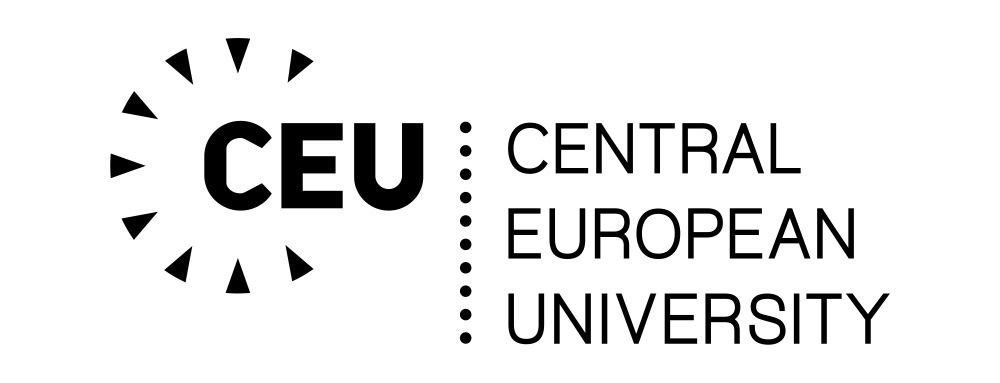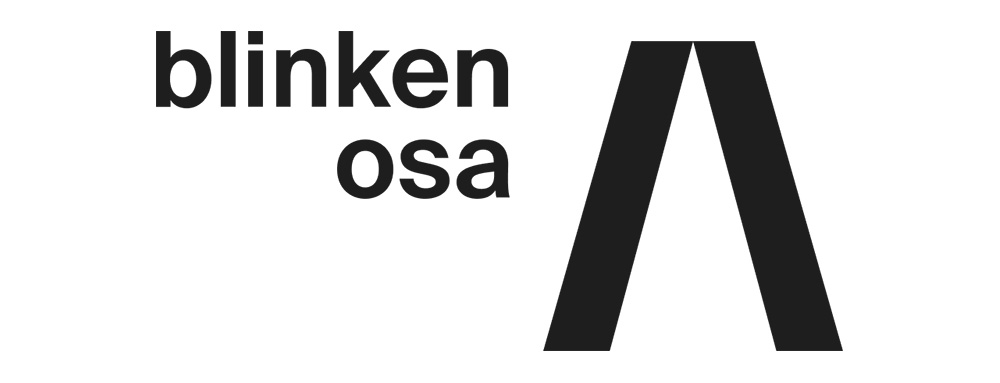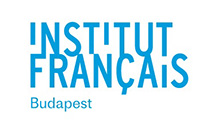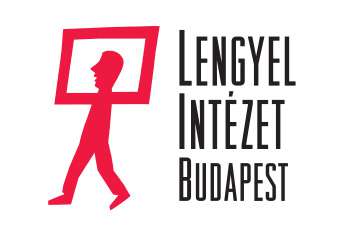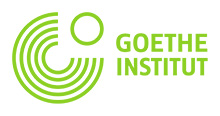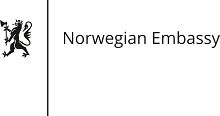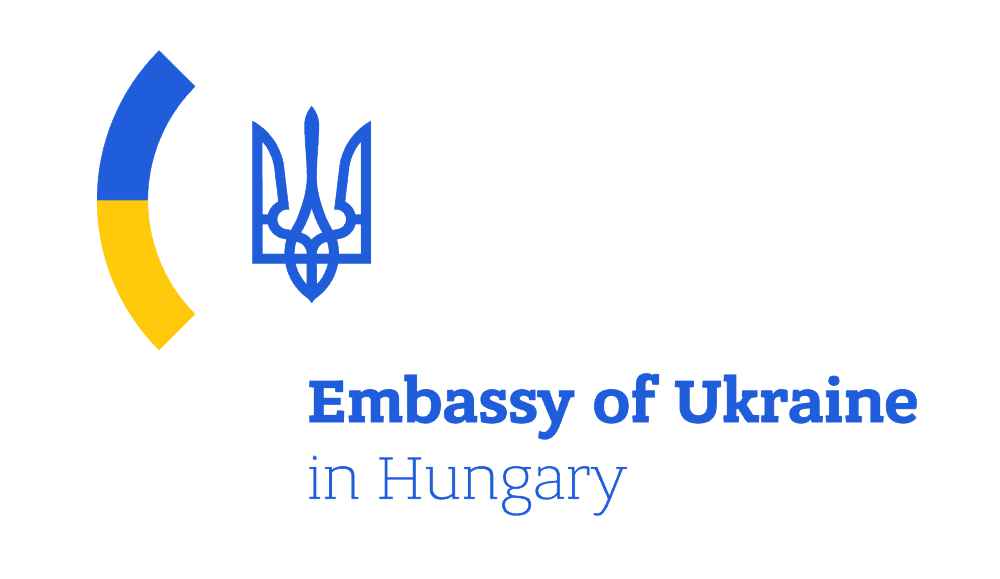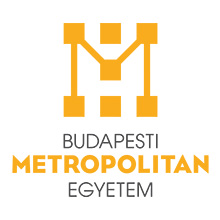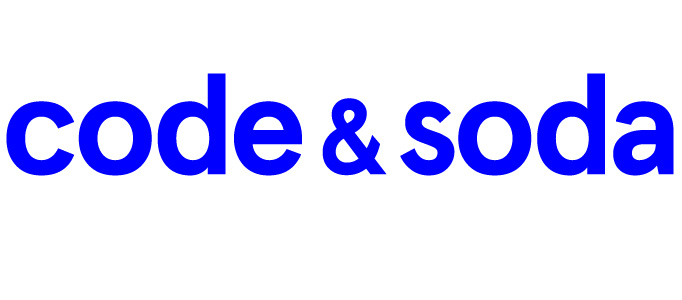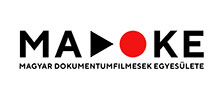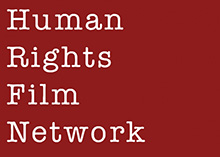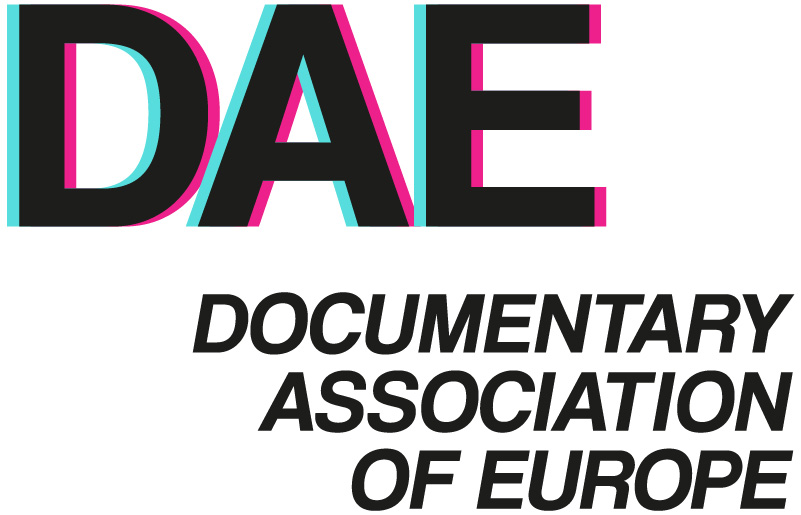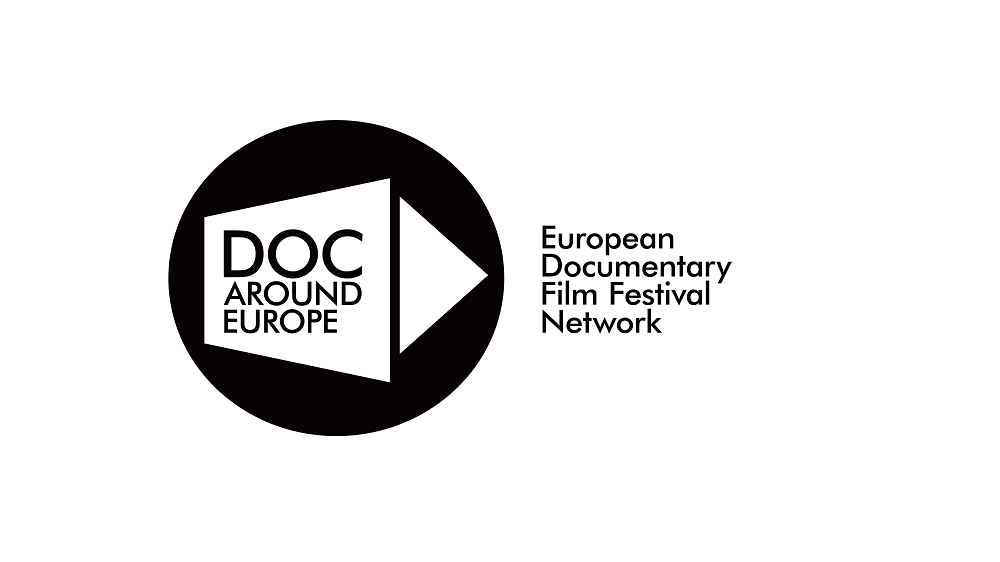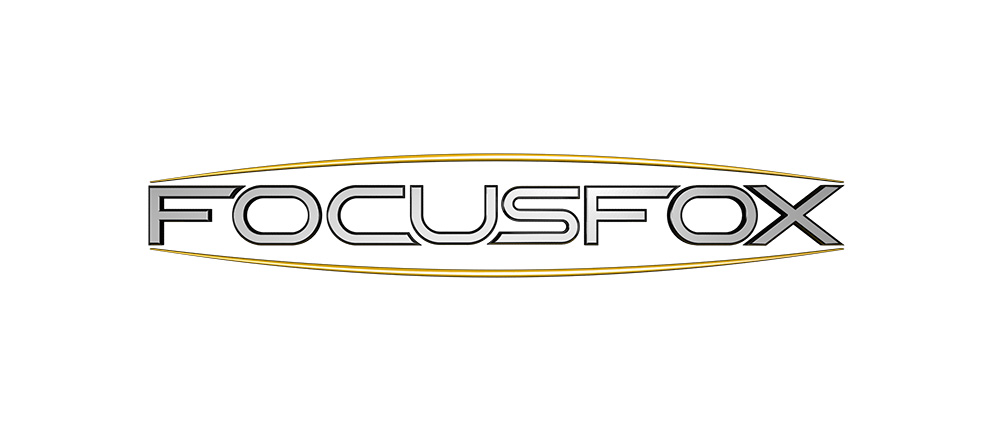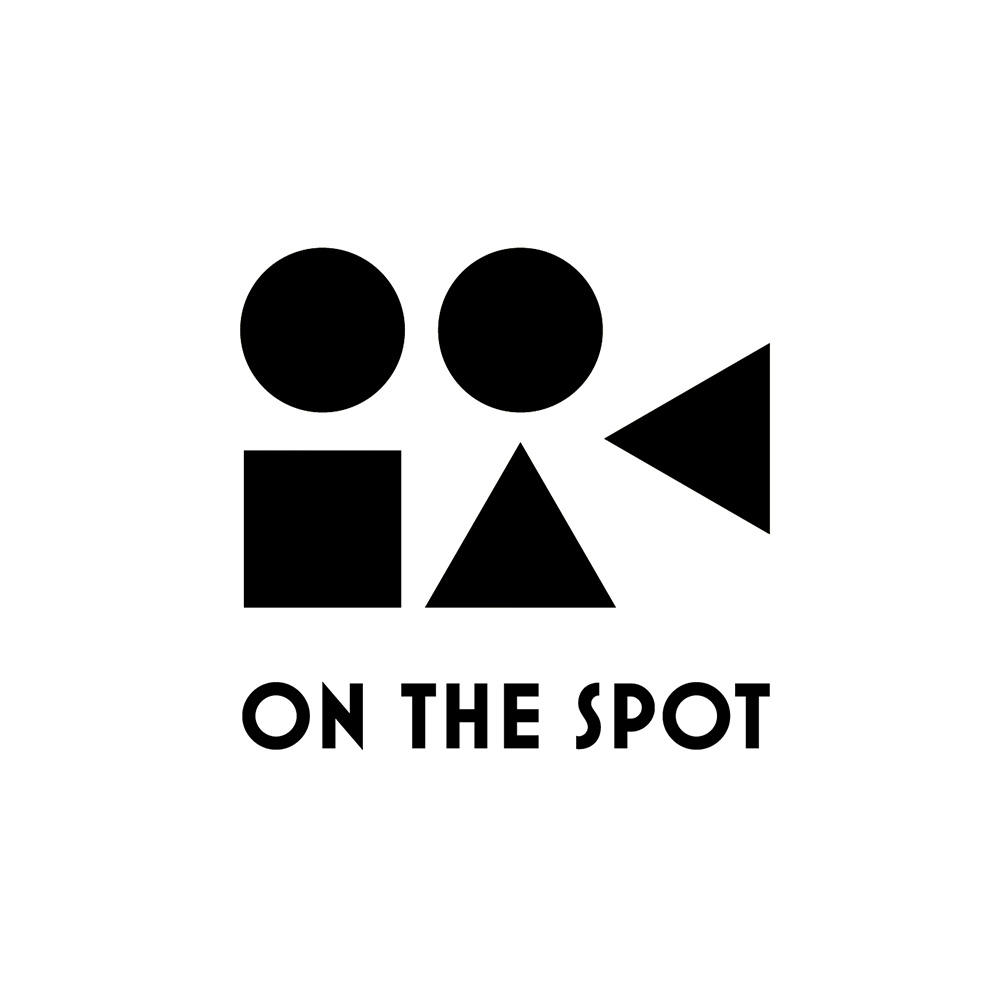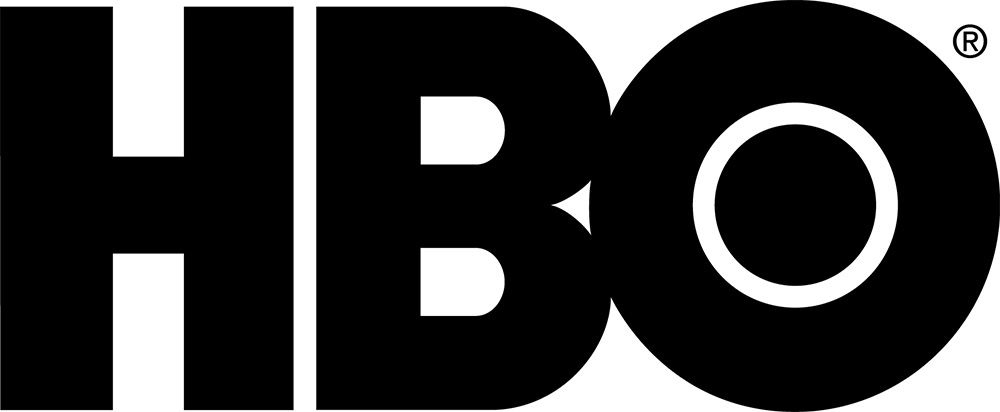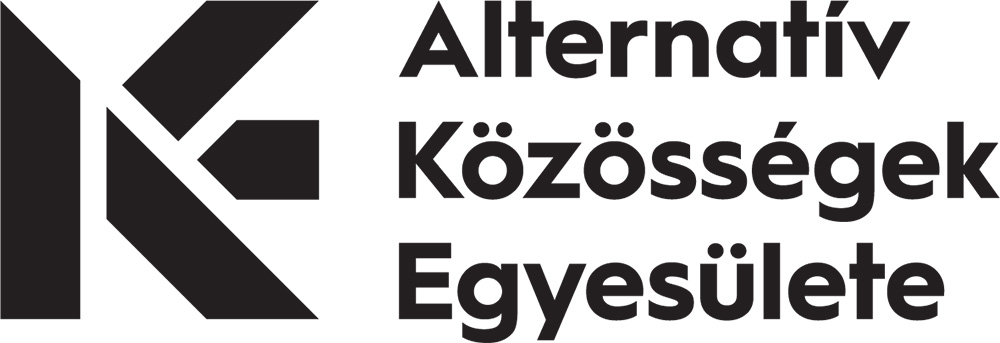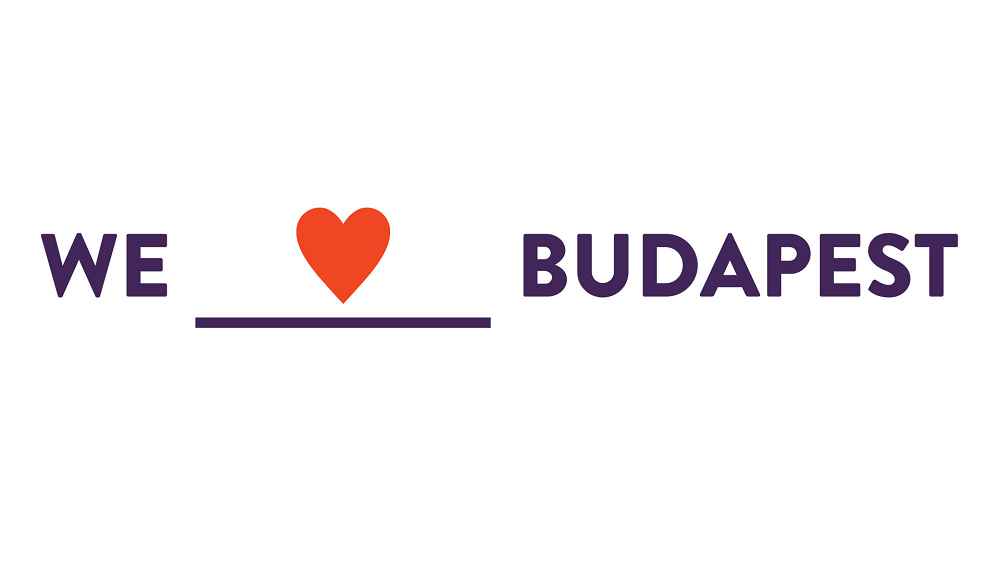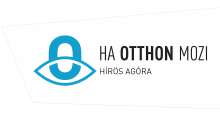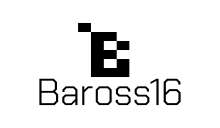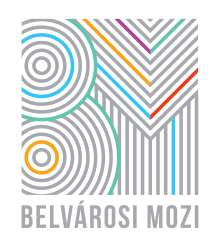
The World’s Latest Creative Documentaries Arrive Under the Motto “We Exist Together”
The Verzió Film Festival program is now complete and available. In November 11–19, Hungary’s only human rights documentary film festival will once again present the world’s most up-to-date and powerful creative documentaries, in 11 sections. The selection will also feature the latest film by Oscar-winning Ukrainian director Mstislav Chernov. New additions this year include a selection of Korean and Iraqi films, as well as a block examining the dilemmas of being an artist.
The 22nd Verzió International Human Rights Documentary Film Festival presents 49 fresh and artistically outstanding documentaries that reveal the diversity of human life from different perspectives and realities. This year’s program will once again feature the Vektor section, with more than 10 immersive films. In addition to demanding, often heart-wrenching topics, the program also includes lighter, more cheerful films.
Separate Section Dedicated to the Motto “We Exist Together”
This year’s slogan, We Exist Together, urges collective thinking about the ways we can live together amid the fractures, conflicts, and challenges of our reality. A great many issues divide families and friends in Hungary and around the world. “The films in this section explore issues like the exclusion of different groups in society based on gender, ethnicity, or economic status, or the divisions along ideological and worldview lines. However, through the main characters, we also get to know the challenges faced by those fighting division,” notes Festival Director Enikő Gyureskó.
Nine Films in the International Competition
Just like in previous years, Verzió’s International Competition features the documentaries employing the most powerful artistic means.
Awarded the Grand Jury Prize at Sundance, Cutting Through Rocks presents an Iranian female councilor’s fight with the patriarchy, while Khartoum, winning two prizes at this year’s Berlinale, weaves the lives of five Sudanese characters together, with unusual animations depicting their search for freedom under civil war. As 9-Month Contract surveys the limits of poverty and the struggles a Georgian single mother experienced during surrogacy, Flophouse America examines family addiction and the opportunities for life reform through a young boy’s story. Holding Liat is about an American–Israeli family fighting for the return of a family member kidnapped on October 7, while Cuba & Alaska emphasizes the necessity of interdependence for front-line survival, as it recounts, filled with humor and hope, the darkest moments of two Ukrainian female field medics. The Family Approach provides insight into the workings of German child protection and the work of residential home managers and caregivers. With Hasan in Gaza and Immortals explore stories of remembrance, loss, and resistance from a sensitive and personal point of view.
The works of first- and second-time filmmakers draw a joint sketch of the social, cultural, and personal borderline situations in the world today. Together, they compose a diverse yet unified panorama, telling stories about finding one’s place in a changing world, about identity, care, and the power of human relationships—with honesty, sensitivity, and deep empathy.
Personal, sensitive, and colorful entries compose the Hungarian Competition program, outlining the unique face of contemporary Hungarian documentary filmmaking through aspects of identity, family, and remembrance. The Verzió Film Festival considers it its mission to feature Hungarian works, introducing the diversity and creativity typical of Hungarian filmmaking.
The four exciting films in the Hungarian Competition this year are remarkably different in their styles and subjects. Don't worry Sari! is a portrait combining family archives and current footage, while My Father's Daughter raises questions of family responsibility and memory, as it pursues a disappeared woman. Come on Tete! is the inspiring story of a young Paralympic champion and mother about courage, resilience, and fighting stereotypes. Providing a glimpse into the complex reality of the life and research of Gyula Dékány, a renowned scientist of Hungarian origin, My Chemical Information System also poses philosophical questions about man’s place in the world.
War Up Close – the Power of Ukrainian Documentaries
The escalating Russian–Ukrainian conflict has quickly become one of history’s most documented events. Alongside footage shot by civilian witnesses and the work of reporting journalists, documentary film crews proved key in this.
In Verzió’s selection, dispassionate accounts of the war and close-up depictions of the front lines are accompanied by works that present life in Ukraine in the recent period from personal or often unusual points of view. The section sketches a multi-faceted, complex, and nuanced picture of what has been happening in the immediate proximity of Hungary in the past three years.
2000 Meters to Andriivka is an Oscar-winning Ukrainian director's ruthless yet touching film about the front line; a small group of soldiers fight their way two kilometers through a harsh landscape to liberate a village in ruins. The latest film by Mstyslav Chernov will be screened in Hungary for the first time at Verzió.
Once separated, South Korea became a dynamically developing, economically rising nation, a boom that also exacerbated social differences and injustices. Korean documentaries of recent decades have caught up with international trends, addressing their society’s generational experiences and unspoken dilemmas.
The Korean program includes the international premiers of two shorts: Coral Love follows the destruction of the coral reefs on Jeju Island and the life of the community protecting them, and Still Waiting at Paengmok explores the aftermath of the Sewol ferry tragedy and how grieving parents continue waiting. The director of the documentary feature K-Family Affairs studies the relationship between the 386 generation—known for its fight for democratization—and today’s youth through family stories.
Besides the numerous conflicts around the world, Iraq can easily be forgotten; yet, 10 years after the fall of Saddam Hussein and 5 years after ISIS, the country remains in ruins. Films made in three Iraqi cities, Sinjar, Baghdad, and Mosul, present people’s attempts to build a new life after the war.
Change Here to the 20th Century
Home movies, newsreels, non-commercial experiments, and unedited rushes; discovering these fragmentary traces of the past continues to trigger filmmakers’ fascination. The Viewfinder section will bring films that re-interpret private memories and official propaganda from new points of view, as well as neatly executed montage experiments and cinematic archaeologies.
In The Propagandist, Luuk Bouwman scrutinizes the life and career choices of Jan Teunissen, the infamous head of the Dutch Nazi Party’s Film Department who was, after the war, mostly erased from history. Long Road to the Director’s Chair opens a time capsule from 1973; the Norwegian director reuses her own footage shot at the first Berlin women’s film meeting.
Verzió’s perhaps most unusual selection examines many faces of creative life, from personal self-inspection to the social dimension of the artistic profession. The films show how self-expression, community and family responsibilities, spiritual well-being and the search for intellectual freedom are intertwined.
Days of Wonder presents the difficulties of being an artist from a personal perspective. Can someone who has been creating art their entire life but whose work has never been seen by anyone be considered an artist? In her film, Finnish director Karin Pennanen attempts processing her cousin’s astonishing legacy. The video artist director of Love-22-Love, meanwhile, retrieves his own VHS and Hi8 tapes to confront the seemingly irreconcilable conflict between depression, a self-destructive lifestyle, and family expectations.
The full program of the 22nd Verzió Film Festival is available on the festival website.
Program venues: Trafó House, Toldi Cinema, Művész Cinema, the Blinken OSA Archivum, CEU Budapest, Institut français en Hongrie. Ticket sales starts in late October.
22nd Verzió International Human Rights Documentary Film Festival
November 11–19, 2025: Budapest
November 11–19, 2025: Pécs, Szeged, Kecskemét, Veszprém, Miskolc, Szombathely, Debrecen
November 20–30, 2025: online
